This reaction essay is part of the Brookings project—”The One Percent Problem: Muslims in the West and the Rise of the New Populists.” We asked each author to reflect on how reading the other working papers helped them think differently about their own country of focus.
How is populism and anti-Muslim sentiment manifested in Poland in comparison with other European countries? There are two explanations for how anti-immigrant and anti-Muslim sentiments gained prominence in radical right-wing as well as mainstream center-right parties in Europe.
According to one perspective, anti-immigrant and anti-Islam positions first appeared in party programs or public statements of right-wing populist parties, and then these parties gained electoral support. In this model, anti-immigrant and anti-Islamic issues enter the mainstream only after they prove to be electorally viable. We can describe this process as the “mainstreaming” of radical party positions. Radical parties have profited from this process because the recognition of an immigration issue by mainstream parties legitimizes the topic’s importance. When mainstream parties have considered the problem to be politically salient, radical parties have been able to present themselves as more credible in their offer to solve the “problem” in question. Thus, mainstreaming has strengthened radical parties. For example, in the Netherlands, the center-right co-opted the agenda of the Wilders far-right, as Koen Damhuis discusses in his paper.
A different theory holds that mainstream center-right parties began expressing anti-immigrant and anti-Islam positions prior to radical right parties. This happened, for example, in Hungary, where the then mainstream Fidesz was the first to raise the issue of immigration and the alleged Islamic threat, leaving the radical right-wing Jobbik behind.
In this respect, Poland seems to be different, as anti-migration and anti-Islam sentiments appeared at about the same time — during the 2015 election campaign — for both the right-wing mainstream Law and Justice Party (PiS) and radical right parties, such as National Movement. There are also some interesting inter-country differences in terms of the relationship between the size of the Muslim population and the success of anti-Muslim parties. In a country like the Netherlands, the share of Muslims is relatively large (around six percent) and Dutch citizens have had longstanding concerns about integration from the early 1980s. However, mainstream political parties for the most part did not address or channel these concerns. This helped create a space for radical right-wing parties to highlight anti-Islam stances.
In contrast, there are countries where despite the presence of significant Muslim communities, there had been relatively few major conflicts between local communities and Muslims, but where tensions have grown in recent years, because of the 2015 refugee crisis and the actual influx of large numbers of immigrants, such as in Germany and Italy.
Still there is a third category of countries where the physical presence of Muslim immigrants has been negligible, and thus they are essentially absent from the daily experience of citizens. Nevertheless, anti-Islamic rhetoric appears as an important topic on the agenda of right-wing actors. We can describe this as anti-Muslim sentiment directed toward “imaginary” Muslim immigrants. Examples of this are Hungary, Poland, and to a lesser extent the United States.
The lack of a clear connection between the number of Muslim immigrants and anti-Muslim attitudes suggests that the actual presence of Muslims does not determine attitudes towards them, neither positively nor negatively.
Looking at different countries, the question of what a “small” share of immigrants is arises. In some other countries, reported numbers are “small” when they are around 5% (e.g., Denmark). Compared to this, Muslims in Poland, with their share of less than 0.2% of the population, should basically be deemed absent.
In some countries, right-wing populist parties got their start focusing on regionalism (Italy’s Northern League, later re-branded as the “League”), economic issues (Germany’s Alternative for Germany (AfD)), or cultural issues other than anti-Islamic or anti-immigrant policy (e.g., Fidesz or PiS). Anti-immigrant and anti-Islamic orientations generally appeared later but intensified considerably with the 2015 refugee crisis. That parties expected an electoral benefit was one possible reason for this shift. Some parties such as AfD reduced the importance of economic issues and elevated anti-Islamic issues. And in other cases, anti-Islamic sentiments merged with the parties’ positions on economic issues (e.g., the Five Star Movement and the League). Here, opposition to immigration is intertwined with a desire to exclude migrants from welfare state economic benefits or public services.
In various cases, there is a certain paradox in the way right and left-wing parties articulate and justify their respective anti-refugee or pro-refugee policies when it comes to cleavages between secular and religious rationales. Right-wing parties used to (and some still do) refer to Judeo-Christian cultural heritage, the traditional family model, traditional roles of women and men, and religion’s role as the basis of European culture. Drawing on this background, right-wing activists and supporters criticize Islam as allegedly incompatible with European civilization. Yet, paradoxically, their criticisms concern such features of Islamic culture as respect for tradition, the importance of religion, the traditional family model and gender roles — in other words, the features of religion to which they themselves claim to be committed or once claimed to be committed. Theoretically, right-wing parties could perceive Islam as an ally in ongoing disputes between secularism and religion. The working paper on Hungary mentioned that before the refugee crisis, the ruling Fidesz government maintained friendly relations with Islamic countries, emphasizing respect for these communities and their traditions.
The situation in Poland is unique in this respect. The Polish right-wing is characterized by a high level of religiosity — both rhetorical and practical, as evidenced by church attendance. In the Polish right-wing narrative, the threat of Islam draws on a perceived rivalry between two competing and lively religious systems.
In the Polish right-wing narrative, the threat of Islam draws on a perceived rivalry between two competing and lively religious systems.
In other countries, the right-wing narrative is limited in this respect to a rivalry between a certain vaguely defined Judeo-Christian culture, usually with an emphasis on its contemporary secularism or accommodation with modernity, and Islam as a set of religious norms and values immune to change and connected with everyday religious practice.
What makes it difficult for Muslims to be accepted by the Polish right is not necessarily the public visibility of their religious practices but perceived fundamental cultural and especially religious differences. Thus, the Polish right would expect Muslims to adapt to the presence of Catholic religion in public life rather than to the demands of a secular state. When Polish right-wing figures talk about a clash of civilizations, they mostly mean a clash of religions. One must keep in mind that most of the claims of the Polish right towards Muslims are rhetorical since there are almost no Muslims in Poland.
In this cultural context, those members of the Polish right that we interviewed in our paper also point to a certain paradox of the left which they view as hypocritical. The leftist parties, they argue, support the admission of refugees whose value system completely differs from European secular values. This European system prioritizes liberal values, individual freedom, human rights protection, a secular state, and a departure from the traditional family model. In effect, this means that the presence of Muslims, both real and imagined, introduces dissonance in the purported worldviews of the secular left, the secular right, but also the religious right.
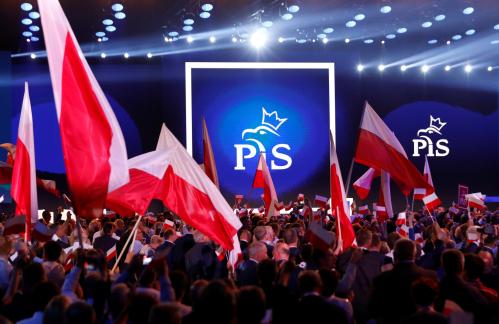
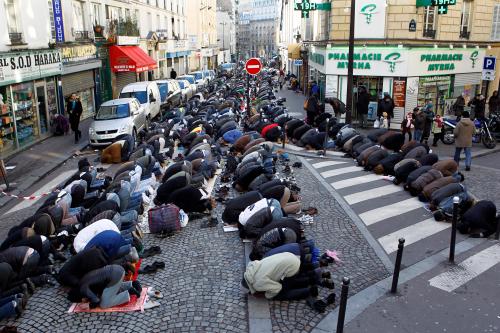

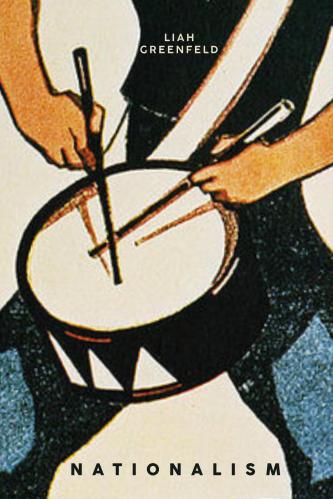
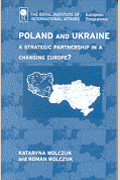

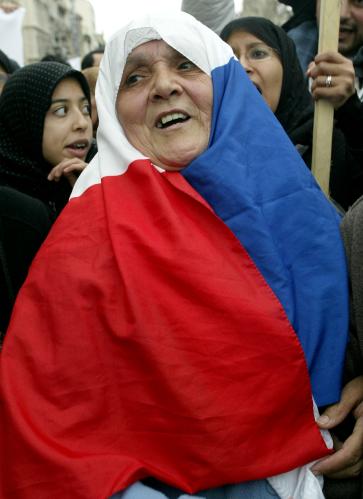
Commentary
Islam and Catholicism collide in Poland
A 'Muslims in the West' reaction essay
December 4, 2019